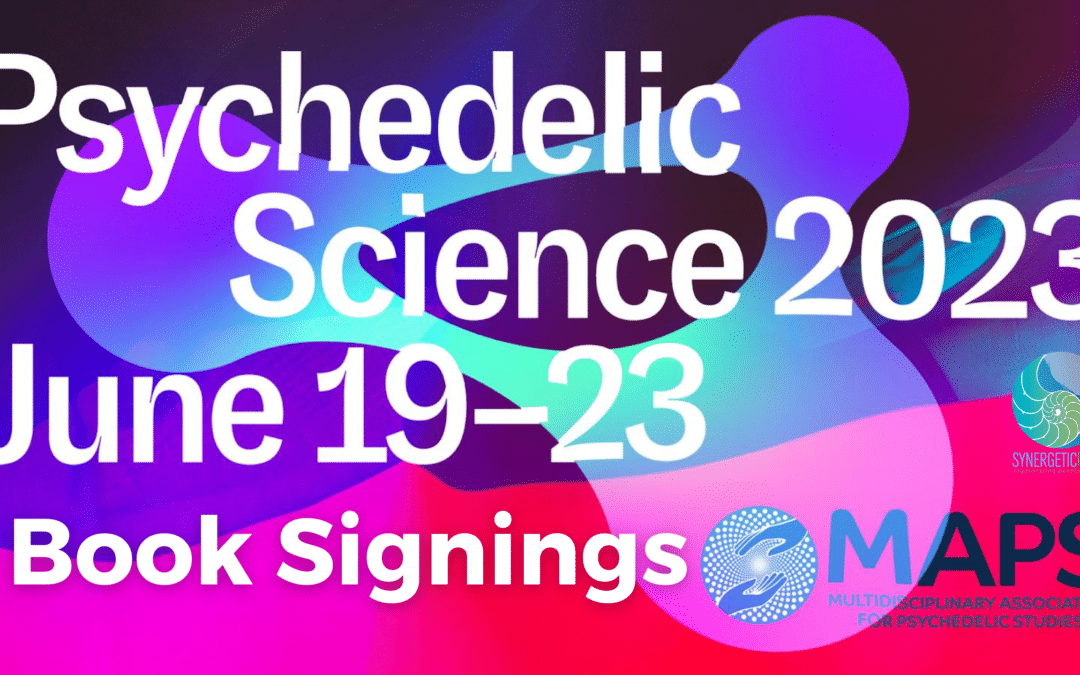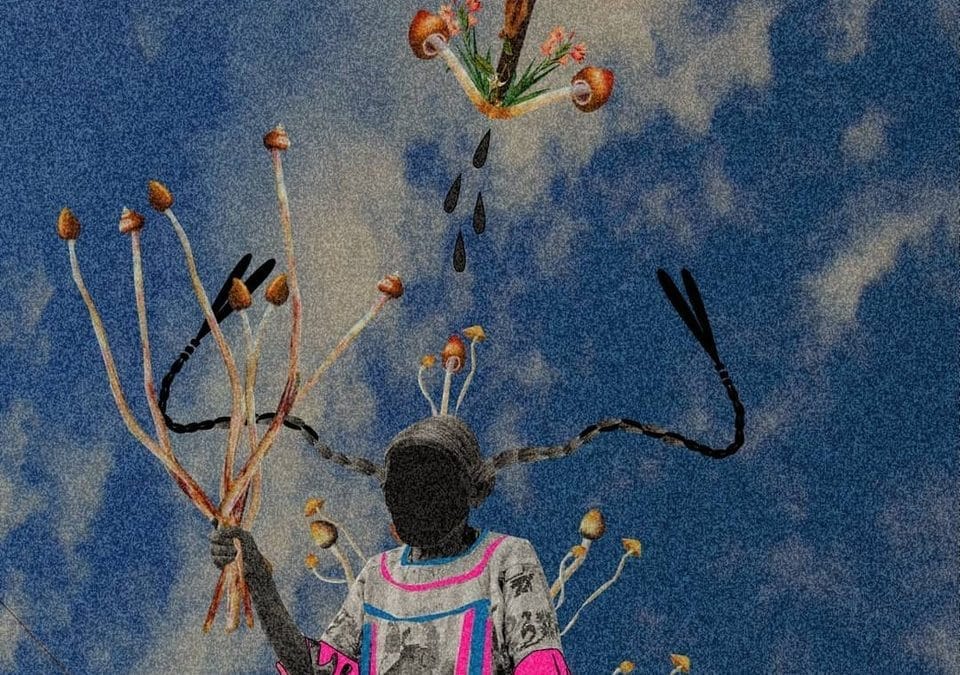
Mazatec Perspectives on the Globalization of Psilocybin Mushrooms
Maria Sabina’s birthday, commemorated on July 22nd, presents an opportunity to center decolonial perspectives when honoring her life and the Mazatec community. This article, excerpted from Psychedelic Justice: Towards a Diverse and Equitable Psychedelic Culture, sheds light on the profound significance of Mazatec perspectives on the globalization of psilocybin mushrooms, while also acknowledging the historical wrongs committed against their community. It emphasizes the vital need to rectify the injustices that occurred as a result of Western exploitation and appropriation of sacred Mazatec knowledge. By recognizing and addressing these wrongs, we can foster a more inclusive and respectful celebration of Maria Sabina’s legacy—one that amplifies the Mazatec community’s voices, reclaims their cultural heritage, and seeks to restore dignity and agency to those who have been historically marginalized.
This article is the result of conversations not only between its authors but also with Mazatec friends in the region who have at different times expressed their concern about the “little ones who sprout from the Earth,” especially in the face of an emergent psychedelic capitalism. To them, we give our respects.
In the Sierra Mazateca of Oaxaca, health problems are treated by mushroom healers, suction doctors, body cleansers, and snake-oil shamans who remove illness from people using various medicinal preparations such as mushrooms, morning glory seeds, shepherdess sage, cow’s tongue, rabbit yam, deaf man’s yam, hangover mint, and so on. In this study, we will focus on the so-called “magic mushrooms,” known as Ndí Xijtho or “little things that sprout from the ground” in the Mazatec language. In order to appreciate these people’s connection with the sacred mushroom over the past cen- tries, one must understand the relationship that various Mazatec families maintain with Ndi Xijtho as a means of healing and divination.
The Ndi Xijtho help the Mazatec communicate with the Creator-being who gave life to humanity; the same being who cures them from evil and pain. Ndi Xijtho are sacred to the Mazatec because they represent the strongest expression of the Mazatec spirit. The mushrooms are always used in pairs in Mazatec ceremonies, representing the duality and fluidity between the masculine and the feminine, between father and mother. In turn, Ndi Xijtho is the body of God and allows the deity to take possession of the body of those who ingest it: God’s blood flows in their veins, God’s saliva makes them speak aloud during the ceremony; the sacred mushroom are the means by which they speak with God and other beings of the sacred world, Són’nde. It is the Ndi Xijtho who show them the right path and who give them good luck. They are not consumed for pleasure or fancy, but because there is a need to heal. The mushrooms are medicine for the Mazatecs, and this ritual is so sacred that it can only be carried out on certain days of the week.
Regarding the ritual use of the sacred mushroom, the ceremonies follow the agricultural, religious, and festival calendar of the Mazatecs. In the twenty-day month of Chan-Majti (“Angry Month”), it begins to rain and thunder, hastening the birth of mushrooms. The Mazatec say that thunder makes diamonds fall from the sky (Chosinle-Ngami). Thunder is caused when Chikon-Tokoxo, the supreme supernatural being the Mazatecs (from Huautla), pay tribute to, slashes lightning bolts with his axe. That is why it is said (Jacha Lechaon) that during this twenty-day period, you cannot take offerings or prayers to the sacred hill of Chikon. During this time, people begin preparing medicinal tobacco (Jna-Jno), referred to regionally in the Sierra Mazateca as piciete. Tobacco leaf is ground and mixed with garlic and lime and carried in small packages for the protection of the owner, especially during ceremonies. In the twenty-day month that follows, Chan- Sinda (“Month of Toil”), the spring of the sacred mushrooms (Ndí-Sijtho) begins. Mazatec elders say that mushrooms are born miraculously, that they are a gift from the gods, sent from the heavenly domain by thunder (Naí-Chaon).
When the Mazatecs perform healing rituals, a “man or woman of knowledge” (Chjota Chjine or Chjon Chjine) gathers the sacred mushrooms where they sprout in places that only they know by means of a special ritual seek- ing permission from the mushrooms’ owner (Chikon). The mushrooms can only be picked from the ground by children, whose purity and virginity does not corrupt this sacred harvest, ensuring truly beneficial rituals and cures. The mushrooms were traditionally collected at dawn on a full moon and carried with great care, trying to avoid any inauspicious omens along the way (encountering a dead animal, passing by a house where a wake is being held, seeing an injured or sick person, meeting a pregnant woman). These precautions ensured that the sacred mushrooms were not contaminated or spoiled before being delivered to the Altar of Knowledge, which is referred to as a “clean” or “transparent” ritual table (Yaa mixatse).
The ceremony traditionally begins at night and ends at dawn. Ceremonies are always presided over by a person of knowledge (Chojta Chjine) who is responsible for purifying the mushrooms with copal incense and using medicinal tobacco to anoint the person who has come to the ceremony to be healed or repair some problem in their life. The Chjine “marries” the mushrooms into pairs (father and mother) in ritual language and gives the patient their dose. The Chjine also eats his or her portion of sacred mushrooms during the ceremony, singing, praying, speaking with the Chikones, and fighting with evil spirits. Ceremonies are carried out in the Mazatec language, with some parts in Spanish. At the proper time, the Chjine inter- cedes with the gods or supernatural forces to cure the patient if they can be cured. The Chjine speaks intensely, but custom has it that it is the mushroom who is actually speaking, leading the ritual participants where they want them to go. At dawn, the mushrooms finish their work. Before and after the ceremony, four days of sexual abstinence and a special diet are kept. The Chjine recognized by Mazatec communities have preserved this collective and ritual knowledge, despite “modernity,” and have resisted misrepresentations by certain tricksters. For this reason, they call on foreigners, as well as their own community members, to show respect for profound wisdom, rather than vandalize customs.
First Encounter between Westerners and Ndi Xijtho
In 1957, New York banker and mycologist Gordon Wasson published a now-famous photo essay in Life magazine, making the Nndi Xitho ritual known to the general public far beyond the handful of mycological specialists who had been aware of the practice previously. He described an evening he spent in 1955 with his wife Valentina Pavlova and Chjon Chjine María Sabina in Huautla de Jiménez. The essay describes a ritual that had previously been thought extinct, but was now revealed to have been jealously guarded, since the mushroom belonged to the sacred realm.
Wasson was later criticized by scholars for his lack of ethics in revealing the “little ones who sprout from the ground” and publicizing the image and songs of María Sabina without her full consent. However, given the increasingly globalized world, sooner or later, with or without Wasson, these sacred rituals would have been discovered. With this international publicity, foreigners with diverse interests—whether for research, curiosity, or spiritual or mystical needs, began coming to the mountains of Oaxaca seeking contact with the little ones. In this regard, Wasson himself noted: “These words make me tremble: I, Gordon Wasson, am responsible for ending the religious practices of Mesoamerica that go back thousands of years…. I never doubted what I should do. The sacred mushrooms and religious sentiments that they embody in the southern highlands of Mexico were revealed to the world, just as they deserve, no matter what personal price I had to pay for this.” Wasson provides a clear example of the paradox facing scientists from various disciplines, and even Indigenous intellectuals: How much of such investigations should be revealed? Are all studies validated in the name of science? Is the agency of these communities and groups taken into account with respect to their cultural practices?
The arrival of foreigners took place in a complex historical context because, alongside the arrival of the counterculture movement in the 1960s, increasing numbers of roads and highways were being built in the Sierra Mazateca at the time. These opened a remote, mountainous region ever- more to capitalist logic and government initiatives, further facilitating the arrival of güeros, as tourists are called. Over the years, a special kind of tourism began to develop, catering to those who sought to have contact with the “little ones” and the Chjon Chjine or Chjota Chjine, inspired by the magazine story about María Sabina. She became a key figure for outsiders, but was ostracized and reproached by her community for revealing the secret of the mushrooms.
This tourism trade resulted in sacred knowledge (the mushrooms and the ceremony) being offered to outsiders, initially, under a logic of reciprocity, since early exchanges were based on barter, but that soon became monetized. This commodification of sacred heritage resulted in the rise of autonomous neoshamans who worked for tourists, and sacred mushrooms gaining a monetary value for foreign tourists as well as locals. Those who offer the ceremonies were viewed ambivalently, either valued or despised by different segments of the Mazatec community. The situation was further complicated when Huautla was included in a government program of “Magical Towns,” as the Mexican state attempted to appropriate local cultures to promote tourism.
Effects of the Psychedelic Renaissance: Negative Biocultural Appropriation
Western interest in the use of Indigenous peoples’ sacred plants has various motivations, from spiritual and mystical to recreational. In recent years, as restrictions on studying many substances have been relaxed and worldwide psychedelic research has entered a kind of renaissance, interest in psilocybin has increased. Organizations like Compass and Usona have contributed to growing interest around the use of the substance for spiritual, medicinal, and clinical purposes. Yet, it is worth asking: Is this interest only for therapeutic uses? Are we facing a more generalized opening of a psychedelic market? How can Indigenous peoples’ knowledge about psychoac- tive plants be taken into account without falling into negative biocultural appropriation?
Over the last two years, there has been a growing influx of foreigners to the Sierra Mazateca region seeking to learn about the ritual of the Ndi Xitho and gather spores of the mushroom (Psilocybe caurelescens mazatecorum) to take back to their countries of origin. Several claim they want to help other people in the West to cure their ills or, as Wasson once argued, “help the ritual survive.” But hasn’t the ritual survived for more than 500 years, since the beginning of the colonial process through today? Still others argue that mushrooms belong to all humanity. In the case of Psilocybe this is partly true, since there are various species worldwide, although many came to be in different countries through acts of biopiracy. However, in the face of this expansion of the use of mushrooms, how can we exercise a more horizontal learning process without falling into unequal power relations and appropriation? We do not intend to say that non-Mazatecs should be prohibited from experience with the “little ones.” Rather, we want to make it clear that various kinds of experiences can be valid, especially those that are carried out with adequate respect and without the desire to profit from the Psilocybe mushrooms of the region.
The Mazatec people have shared their construction of knowledge around the Ndi Xitho for years. We believe that, ideally, Western researchers who have studied psilocybin for different reasons would commit themselves to creating forums for dialogue, encounter, and discussion with those who have been working for generations developing an entire therapeutic tradition with the Ndi Xitho. These exchanges should move beyond the folkloristic attitude towards the ritual, appreciating the validity of the holistic therapeutic component of the ceremonies, which are intimately related to ways of being and sensing in the world. Finally, these approaches should not focus on only a few specialists in the region, which would reproduce unequal power relations while ignoring the important fact that this sacred legacy is, above all, a collective heritage.
Artwork by Irving de Jesús Segovia (Tuxamee)
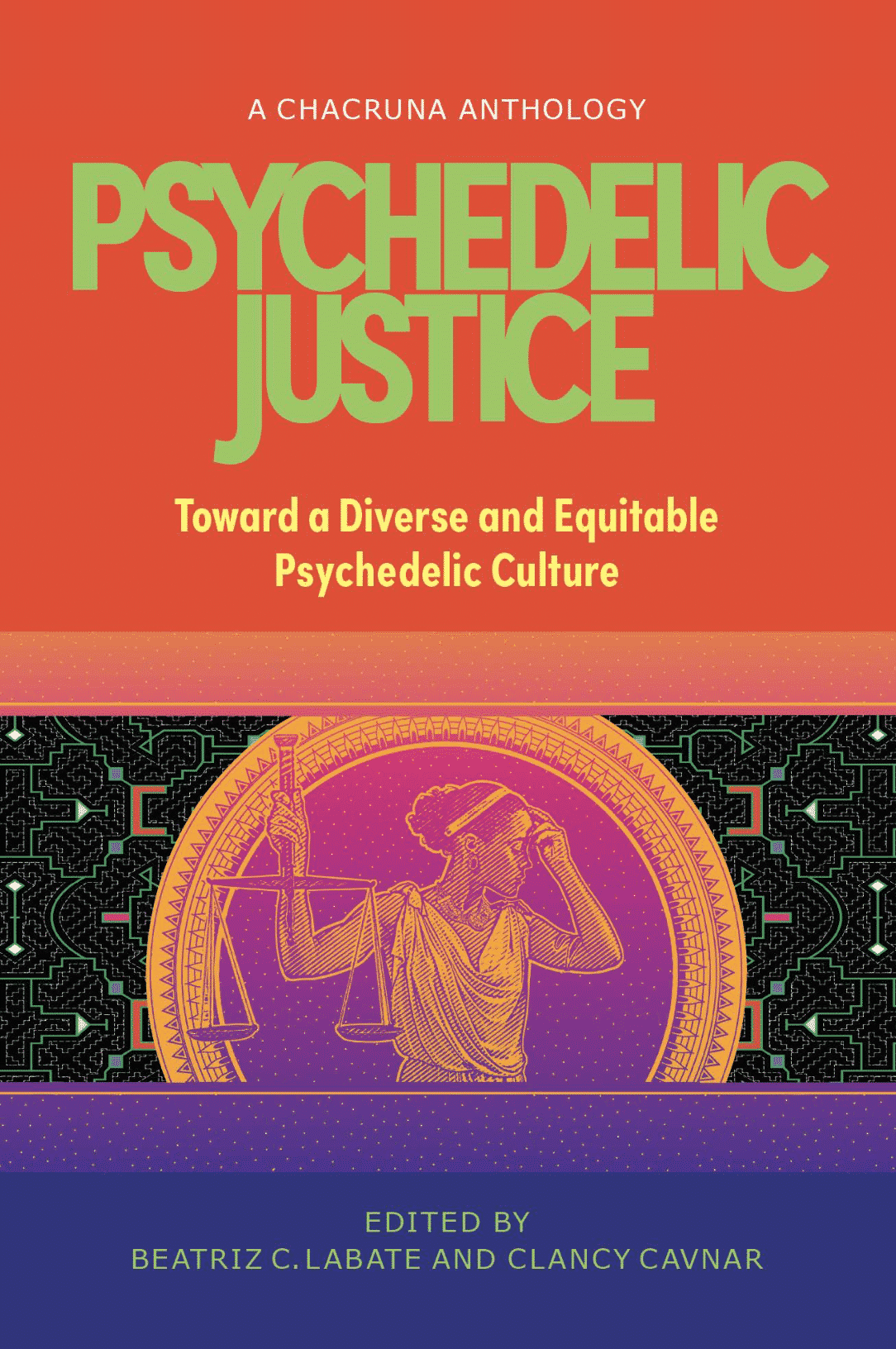
From cultural appropriation and sustainability to diversity, inclusion and venture capitalism, Psychedelic Justice: Toward a Diverse and Equitable Psychedelic Culture examines the history of psychedelics, celebrates its present moment and contemplates how advocates and policymakers can shape the future integration of psychedelics into general society.
An anthology of essays written for the Chacruna Institute and edited by its co-founders Bia Labate, Ph.D, and Clancy Cavnar, Psy.D, Psychedelic Justice highlights the need for an inclusionary, societal-level approach to the psychedelic renaissance. In addition to psychedelics and drug policy, works in this book examine psychedelics in the contexts of capitalism, Indigenous traditions, reciprocity, sustainability, mental health, diversity, sex, power, and more.


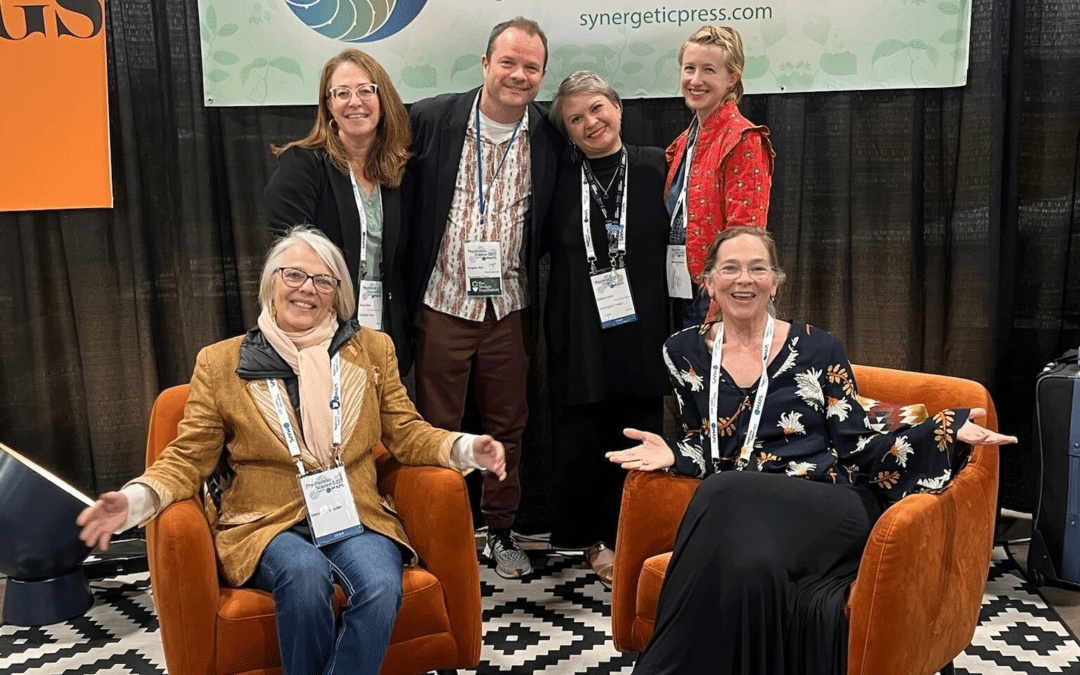
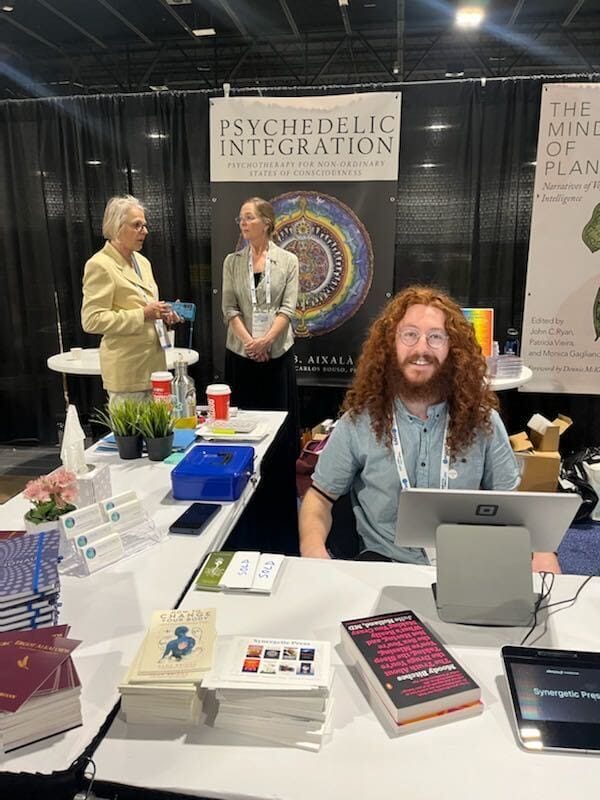
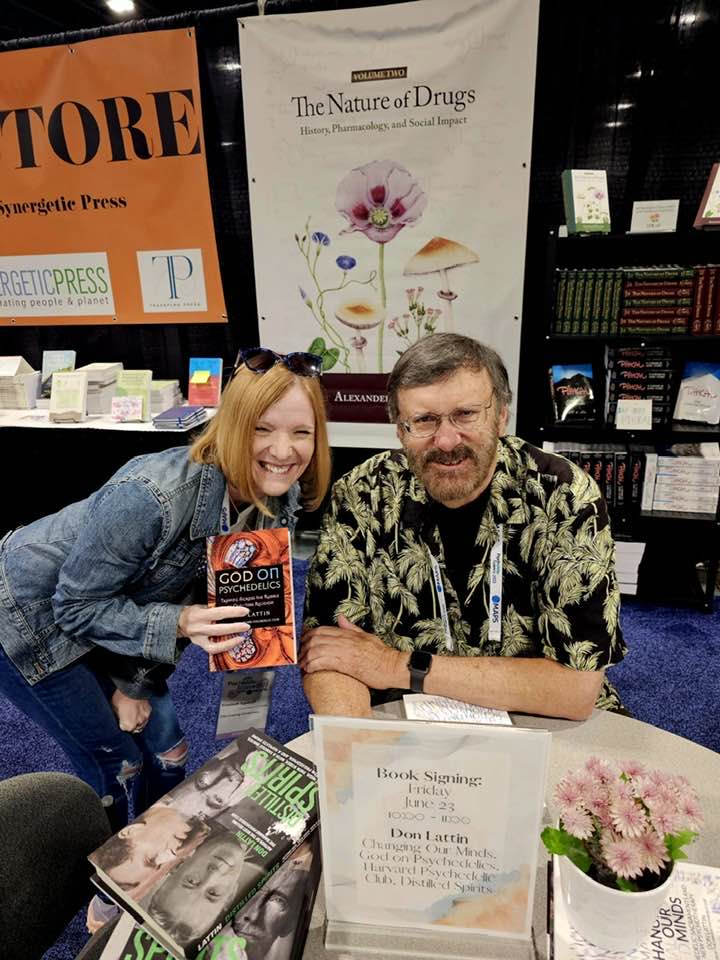
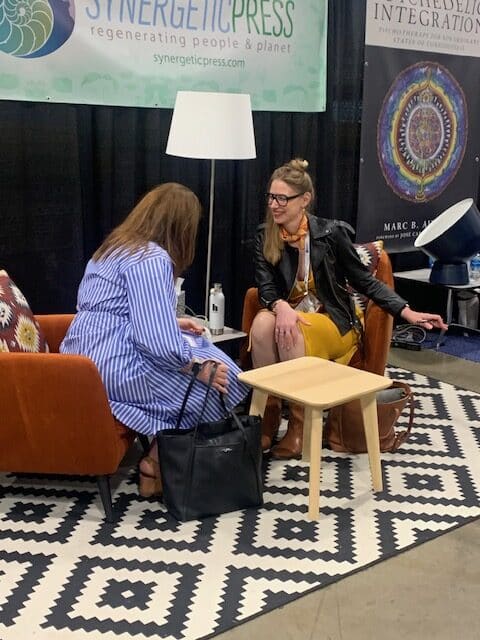
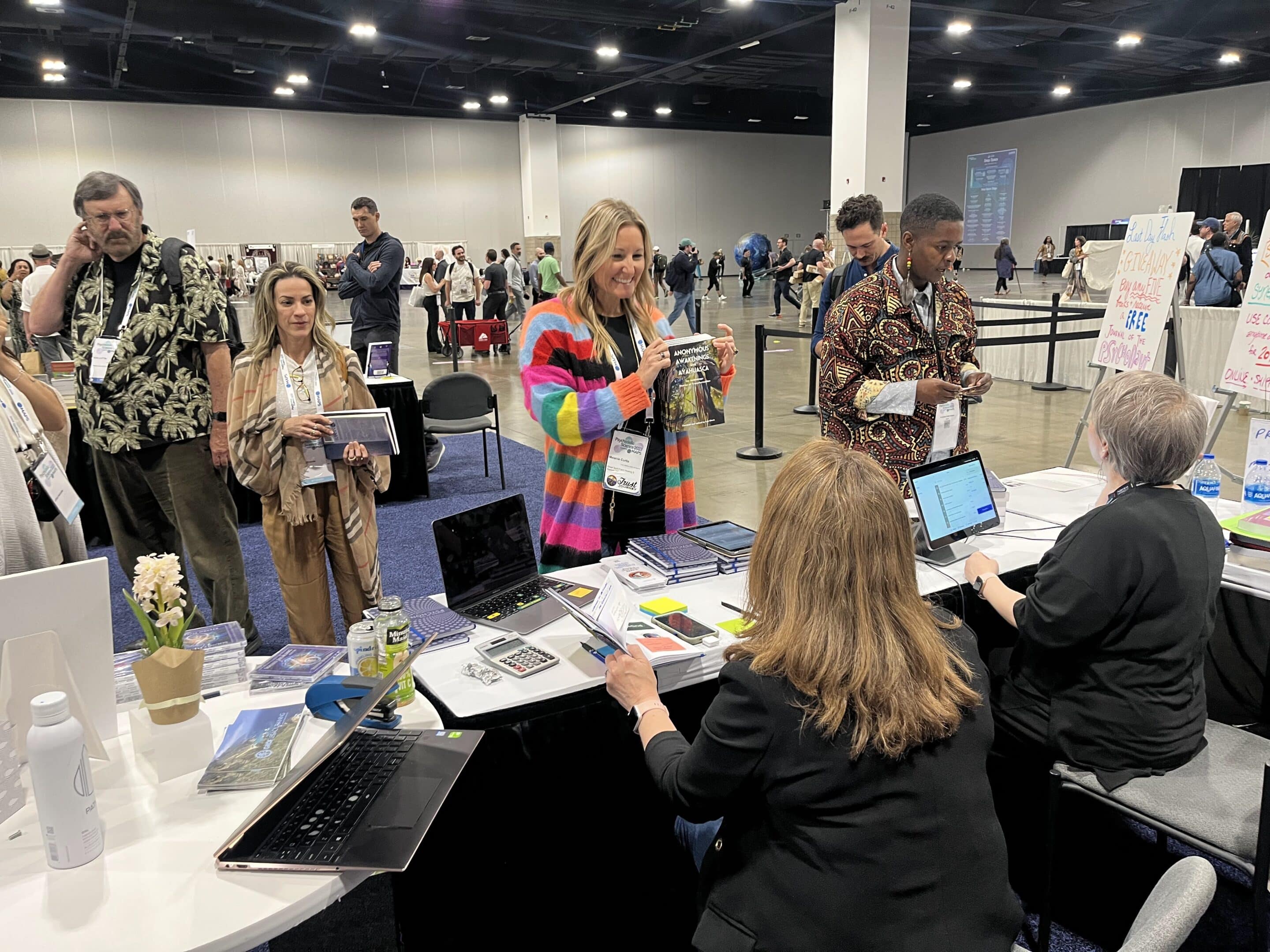
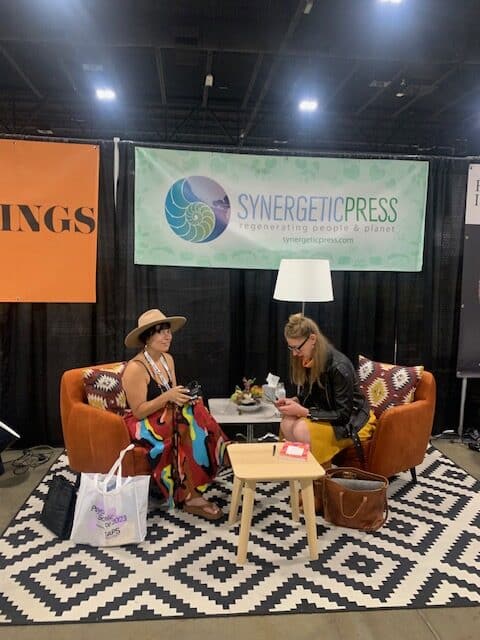
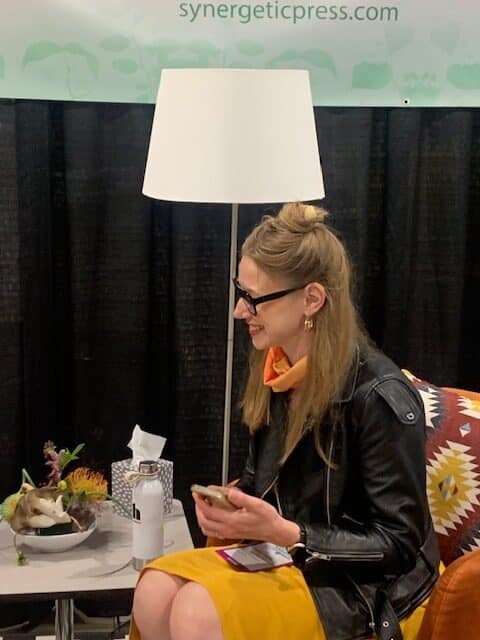
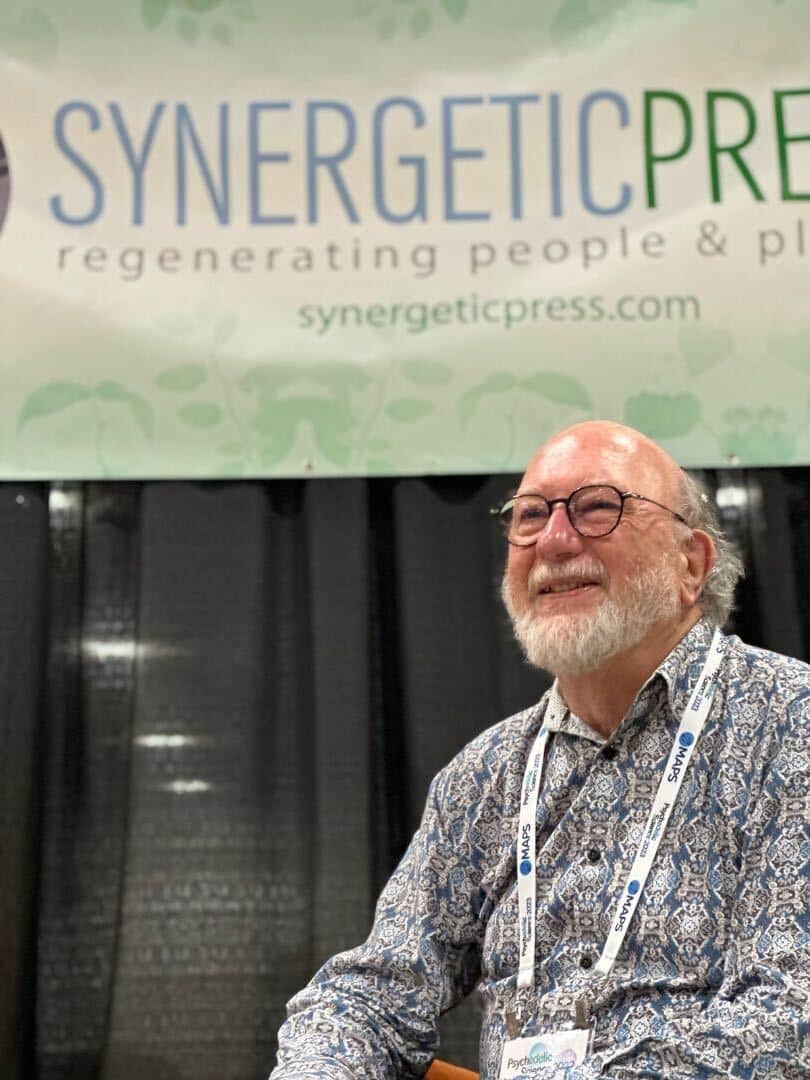
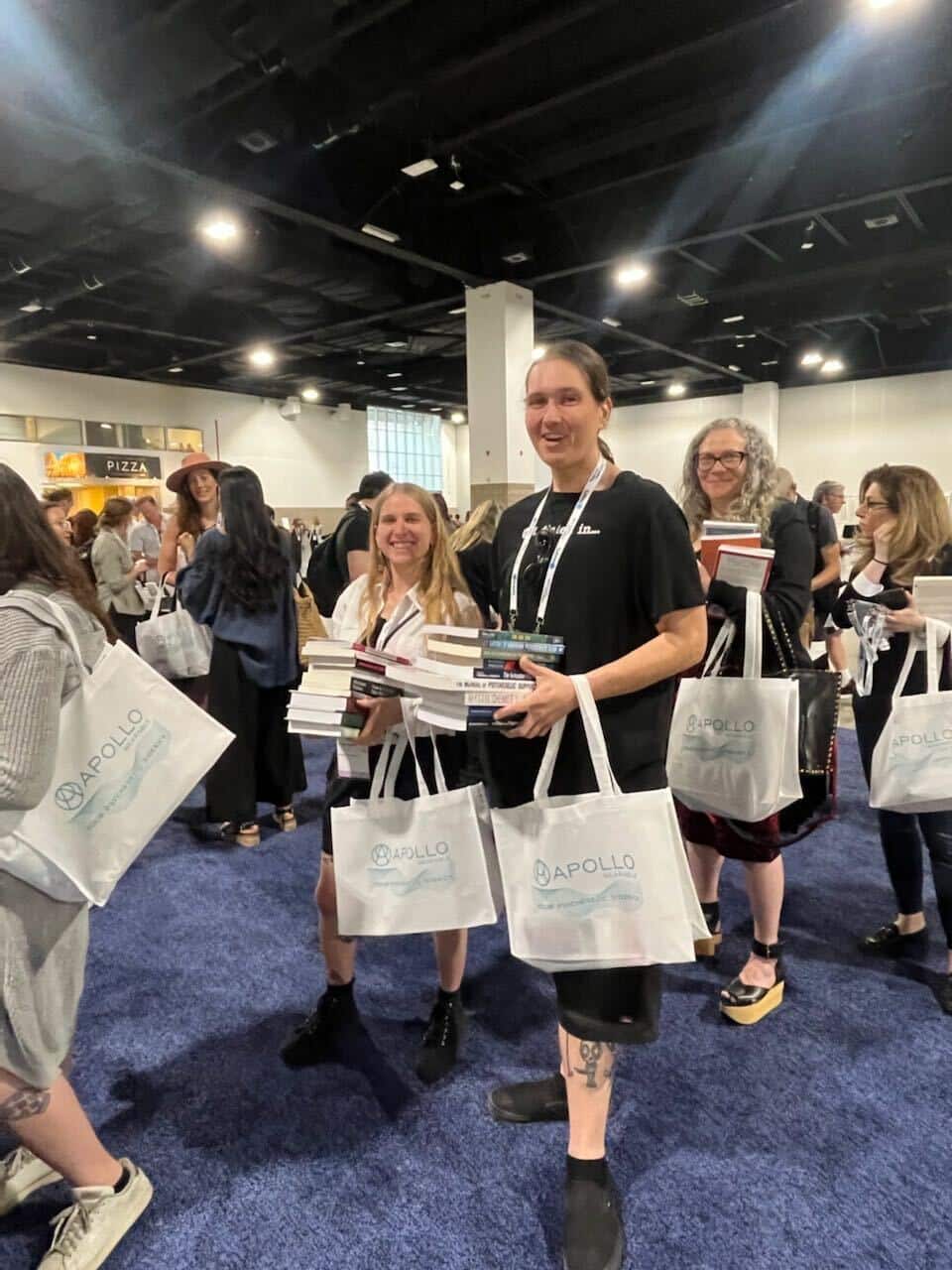



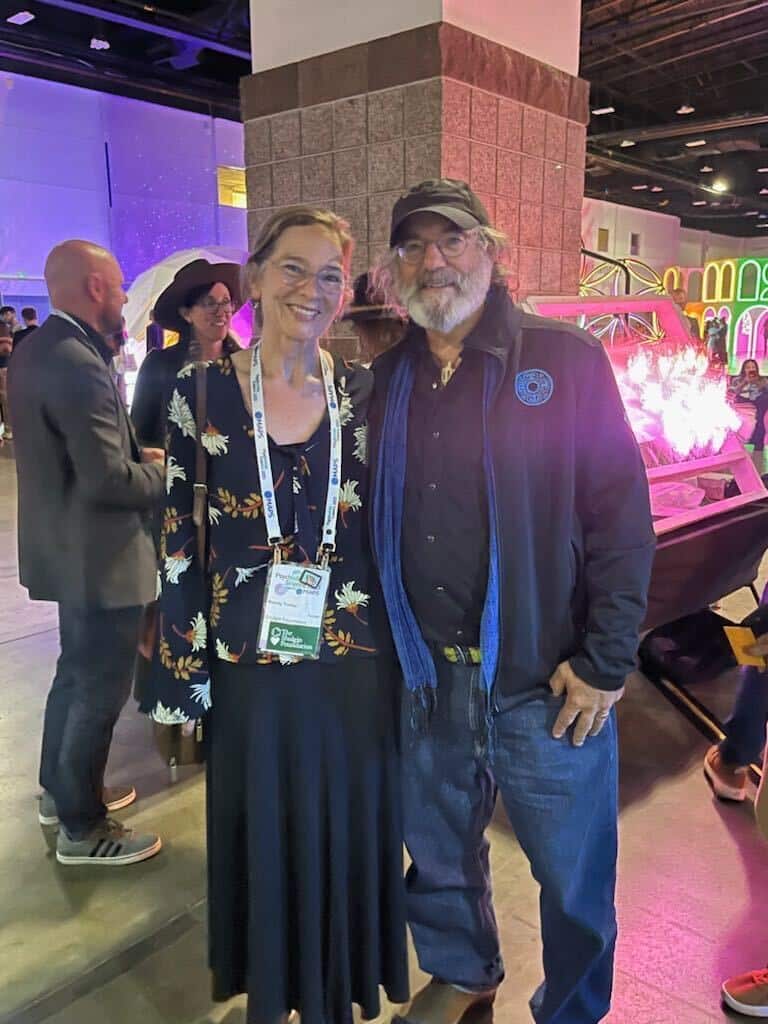
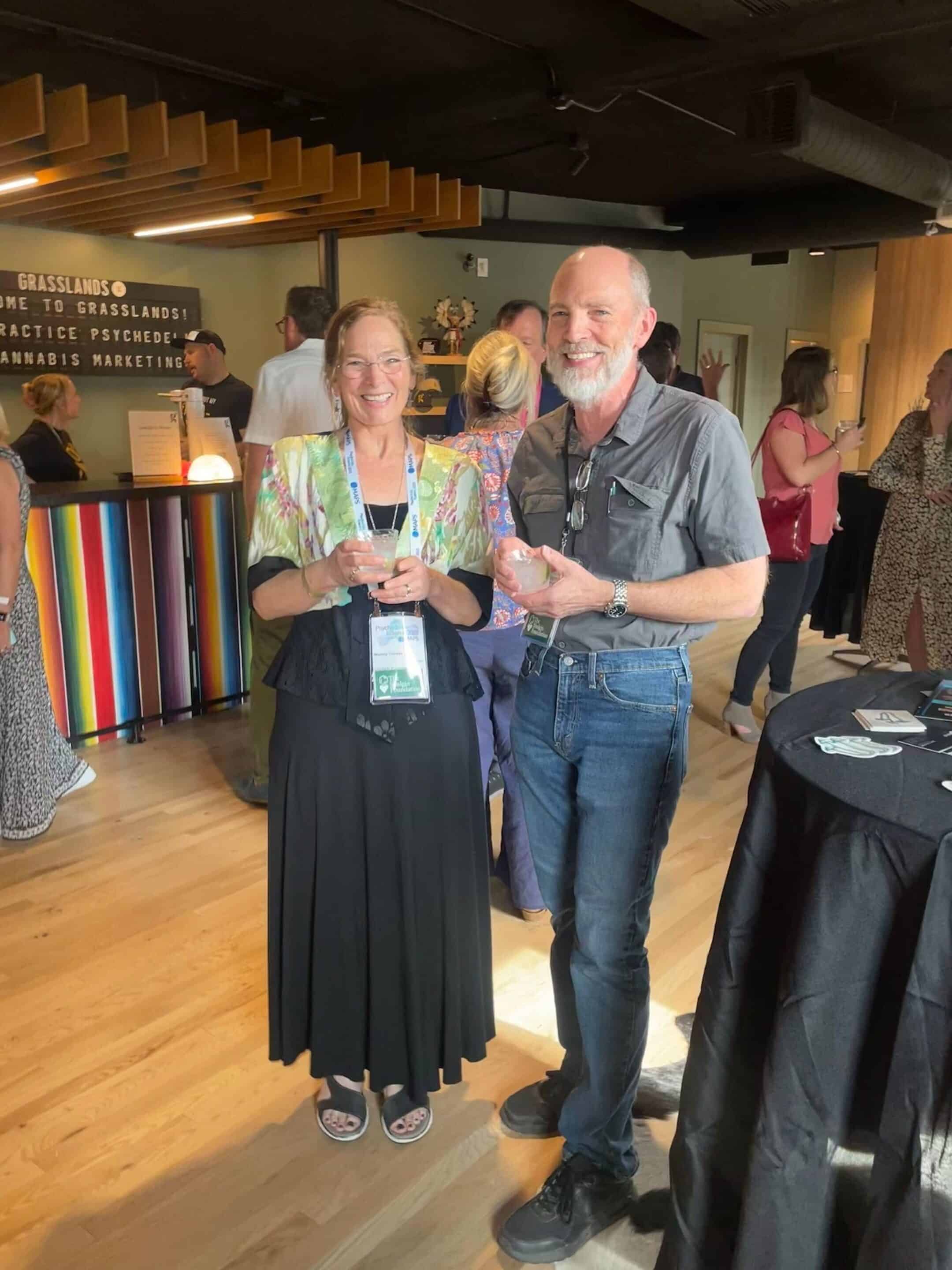

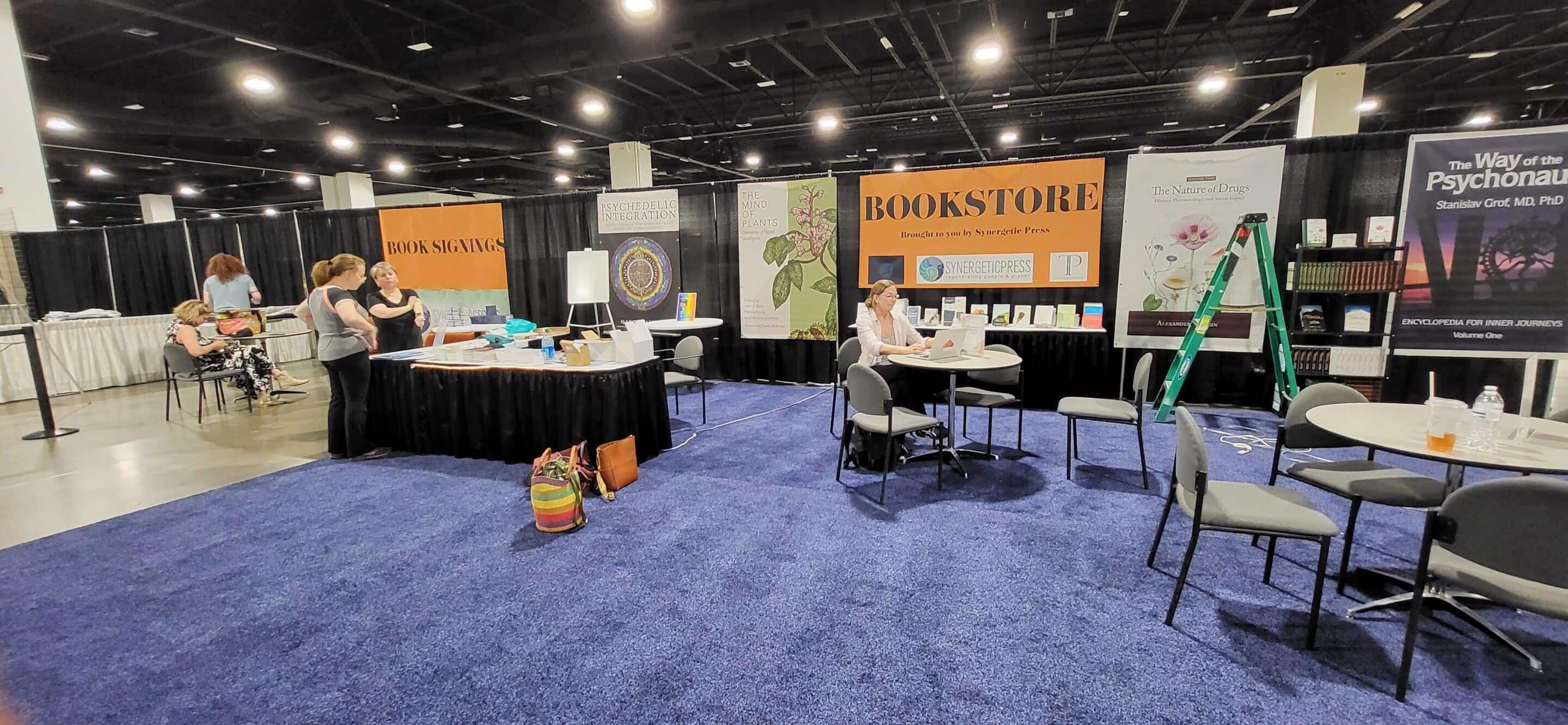
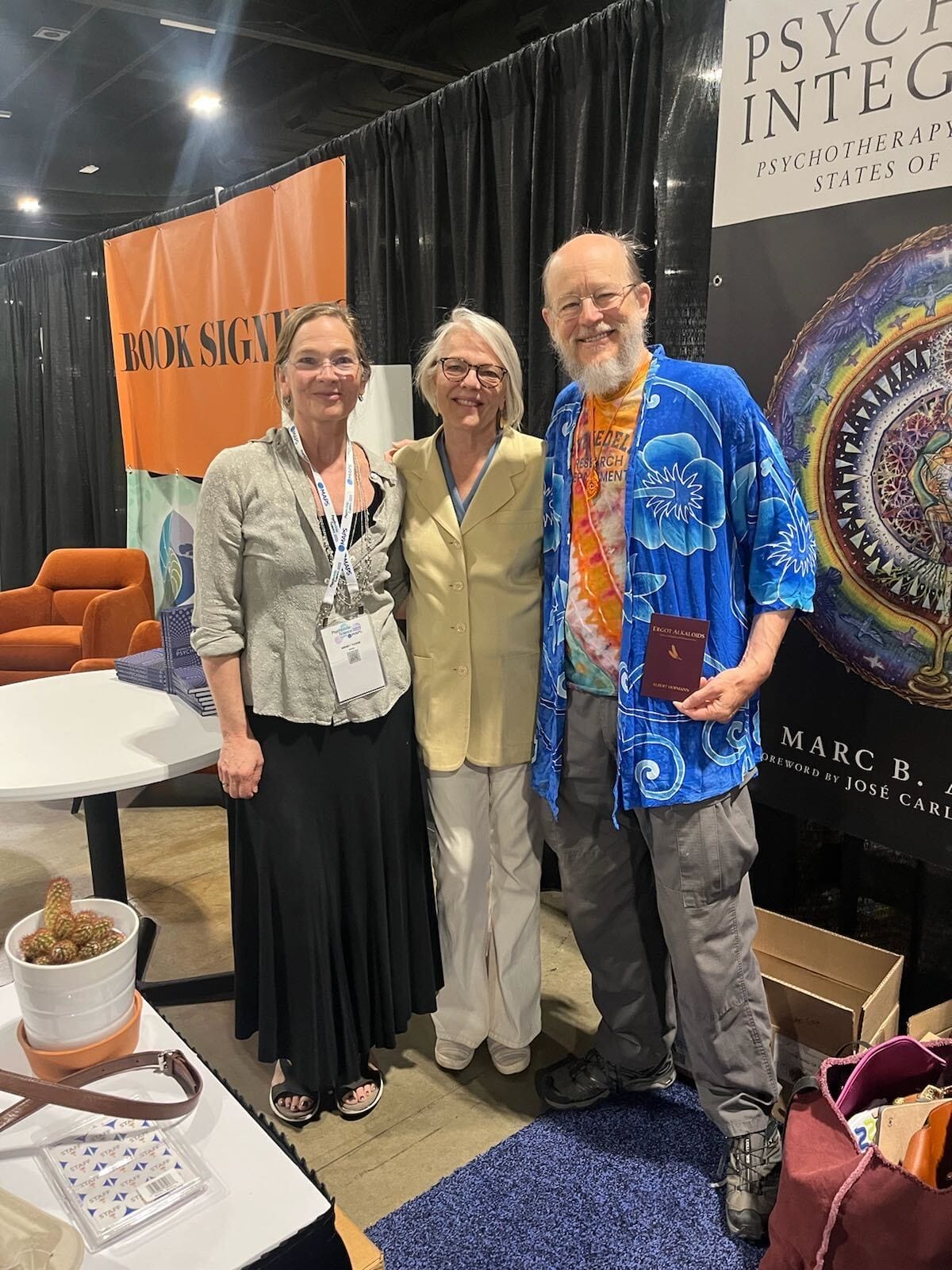
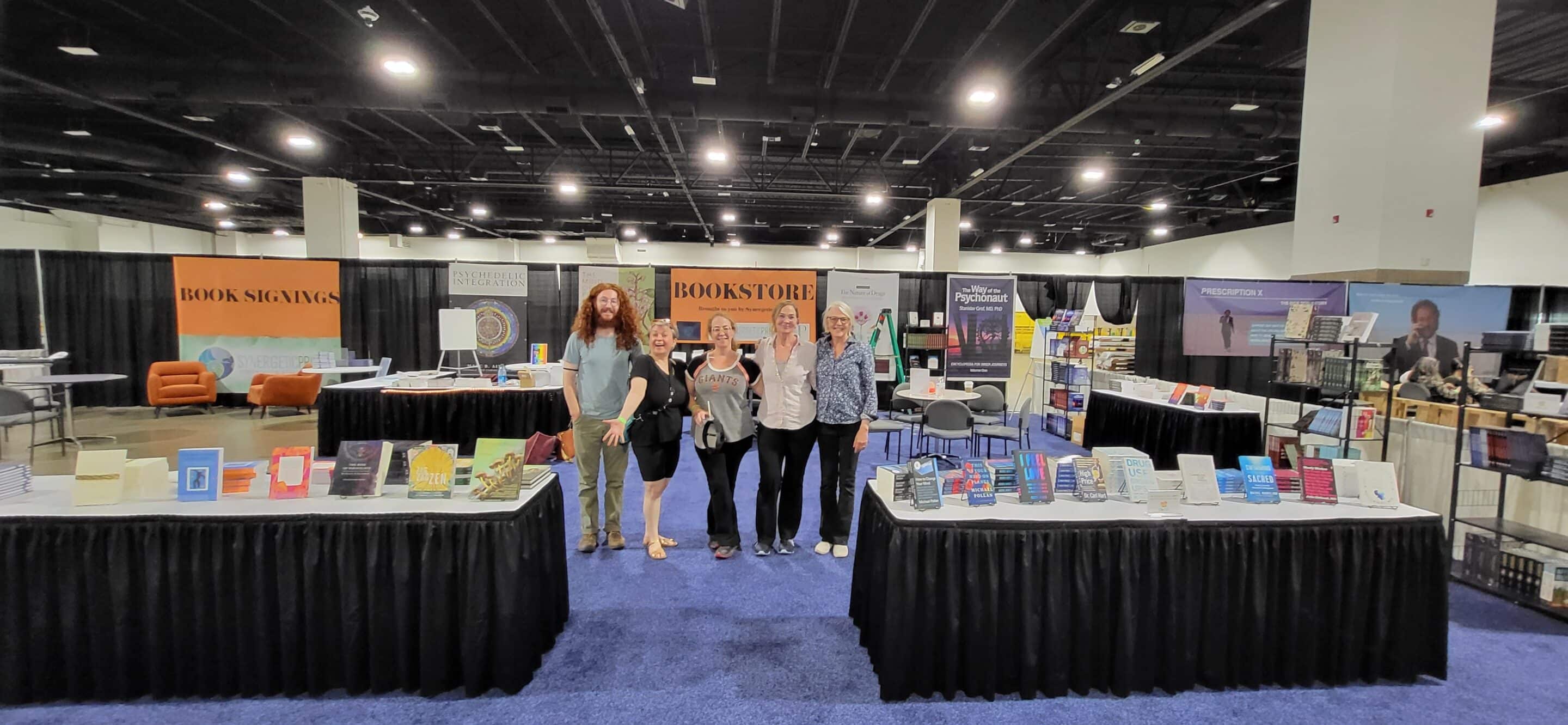

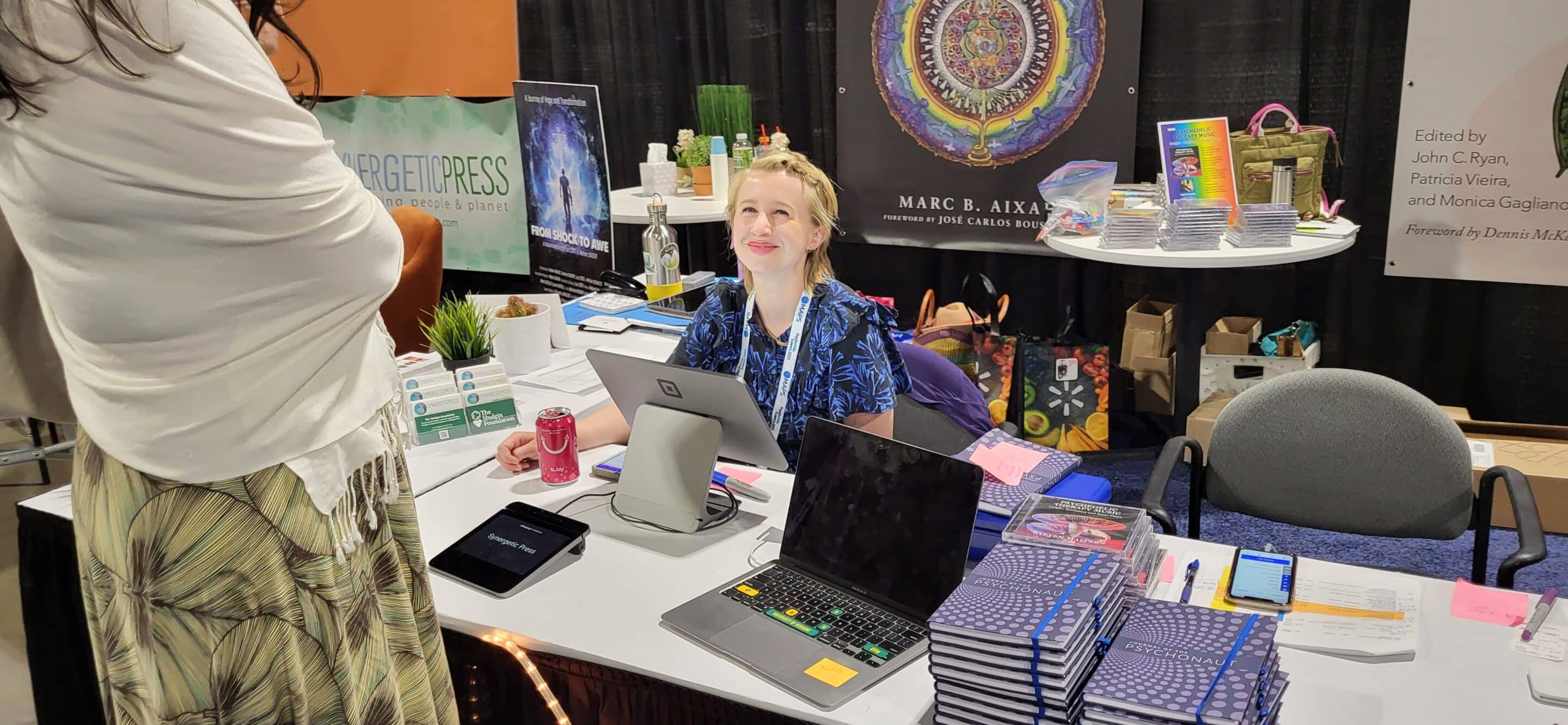
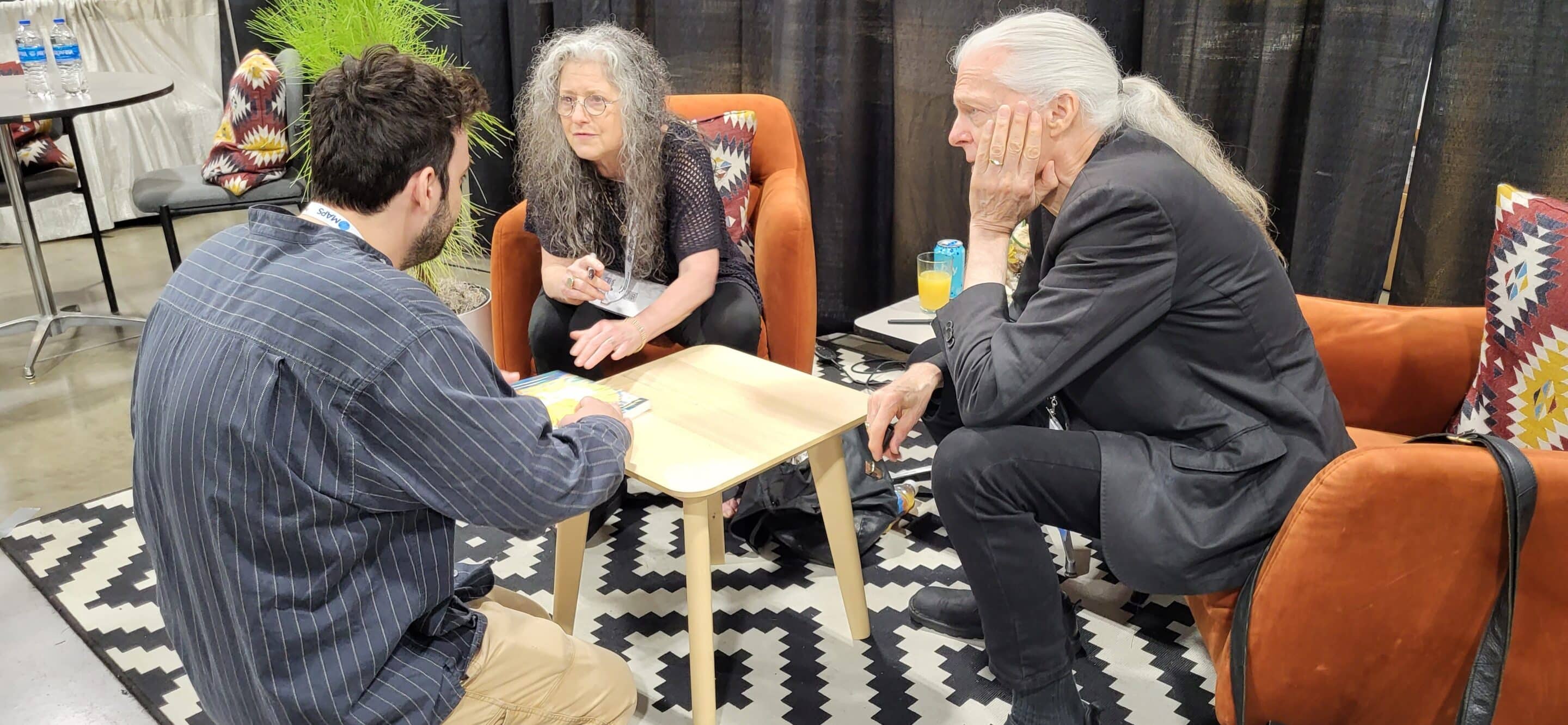
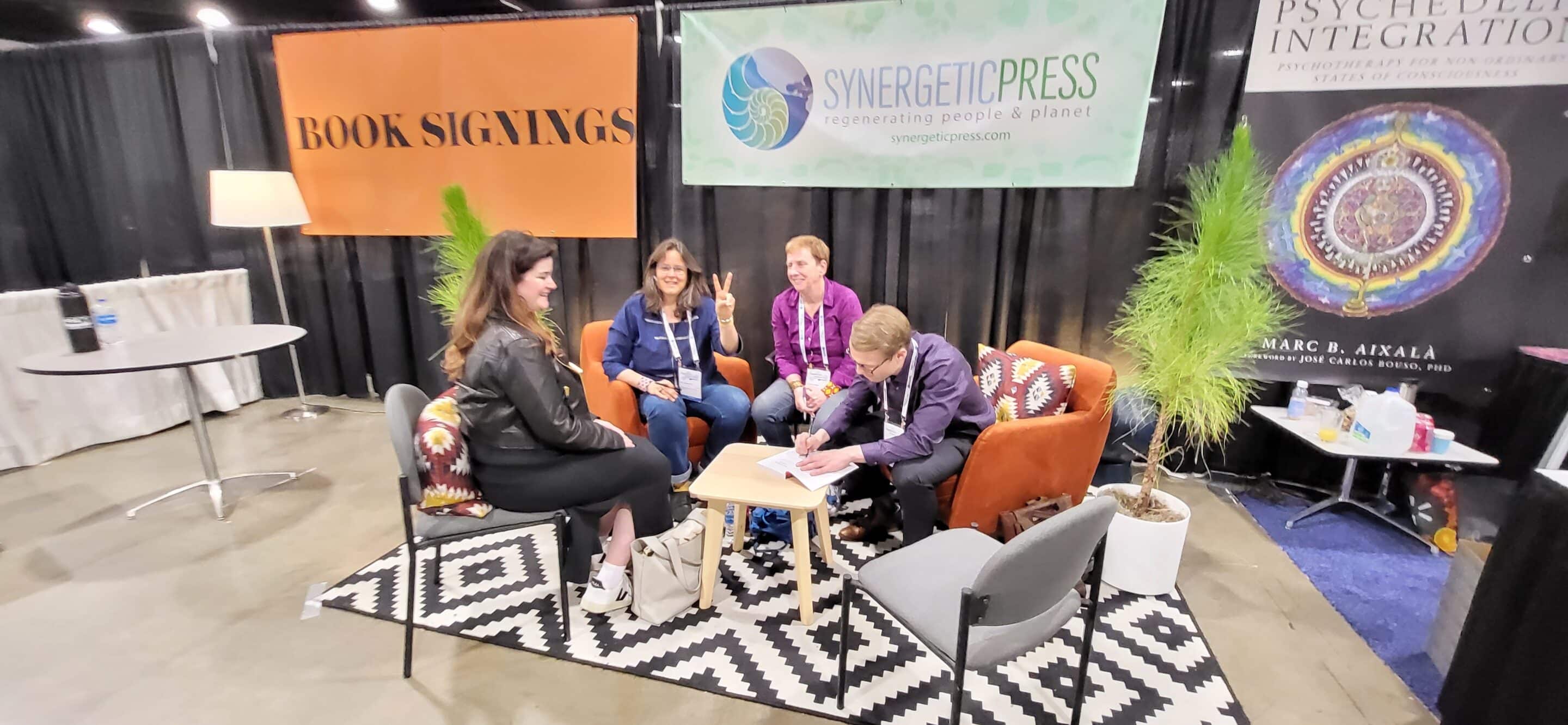
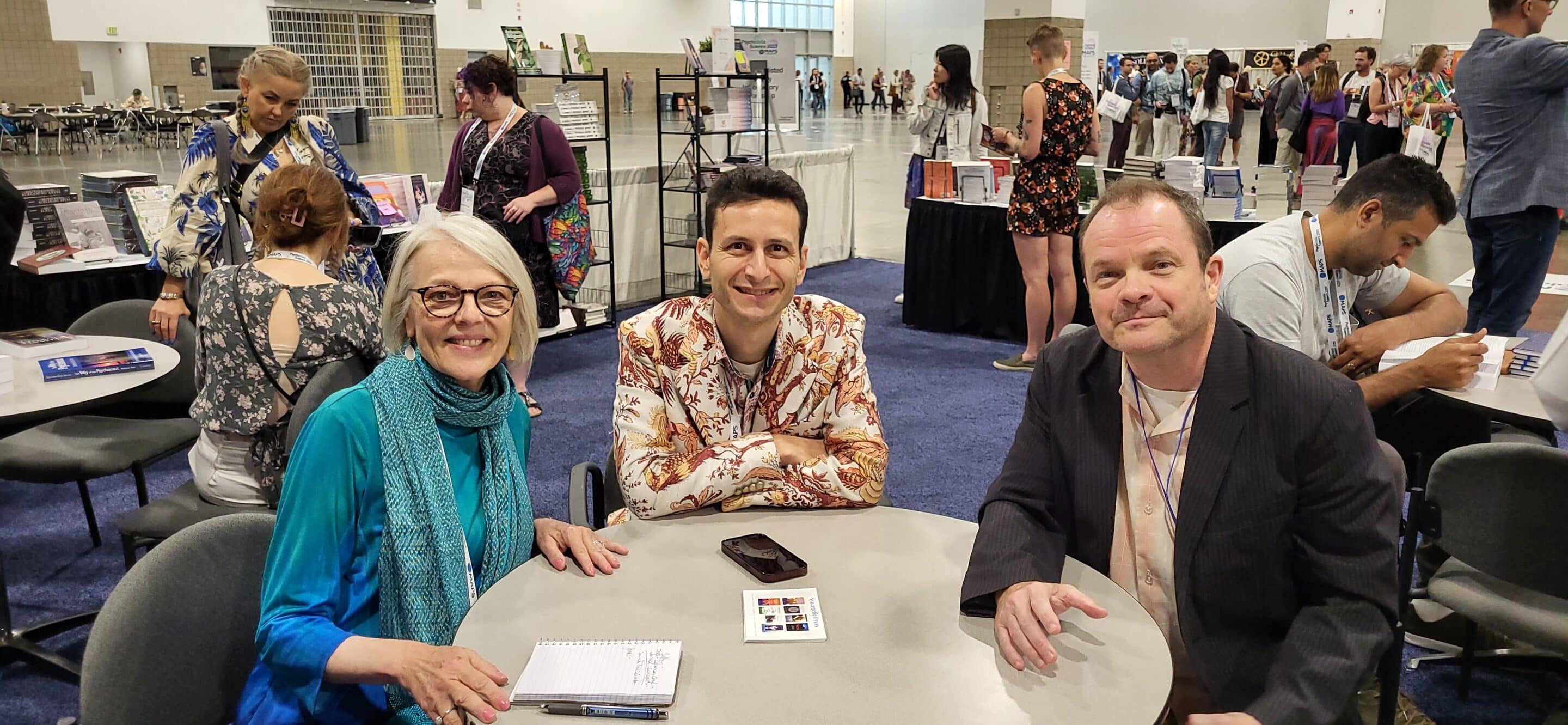
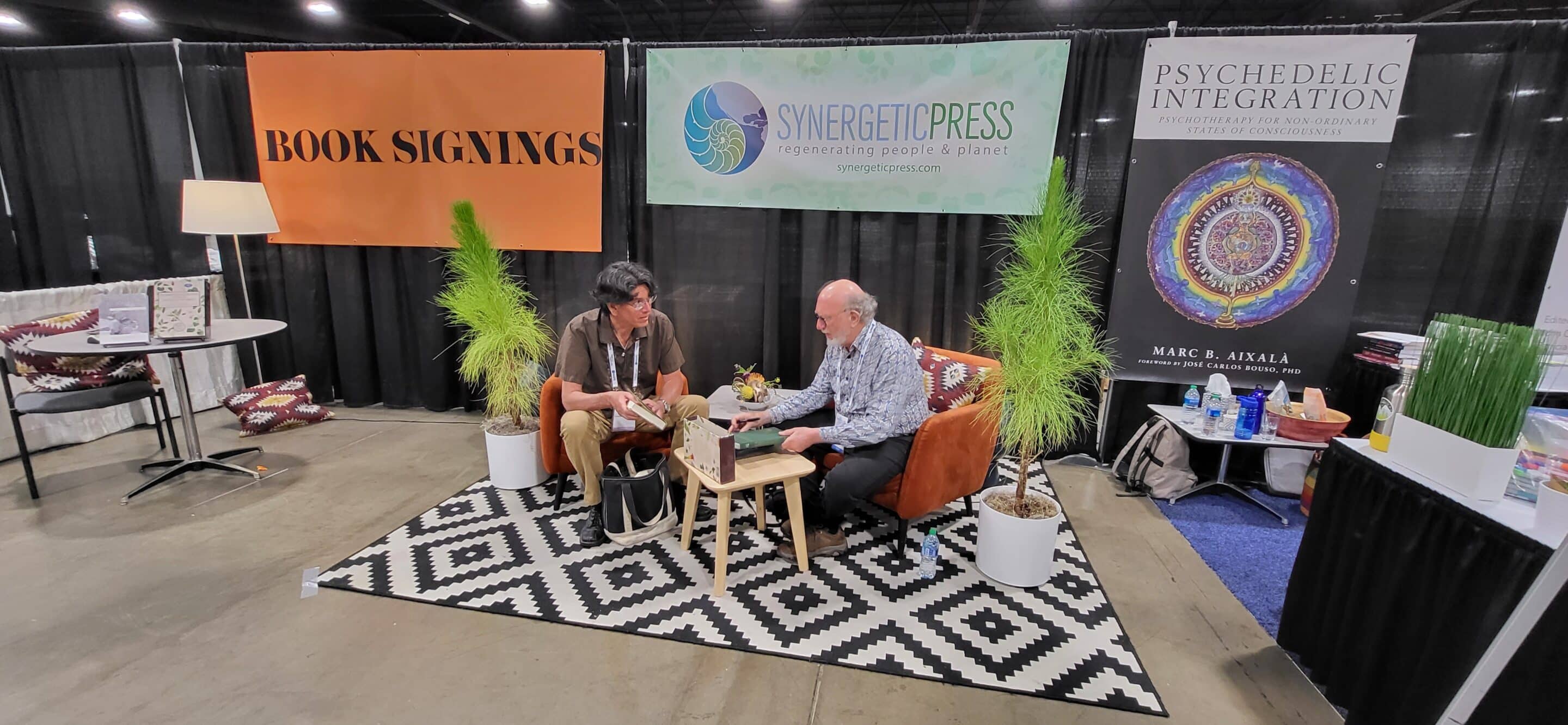
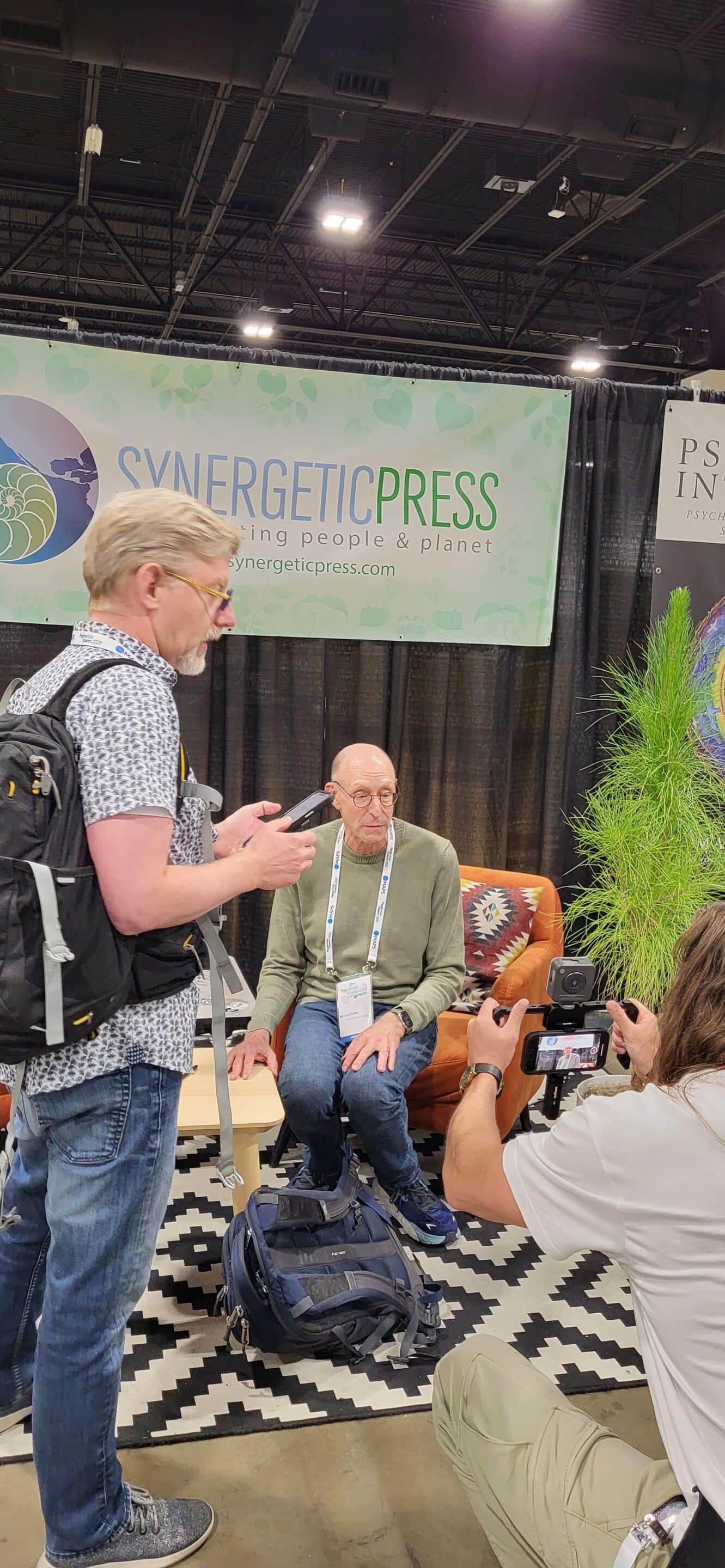
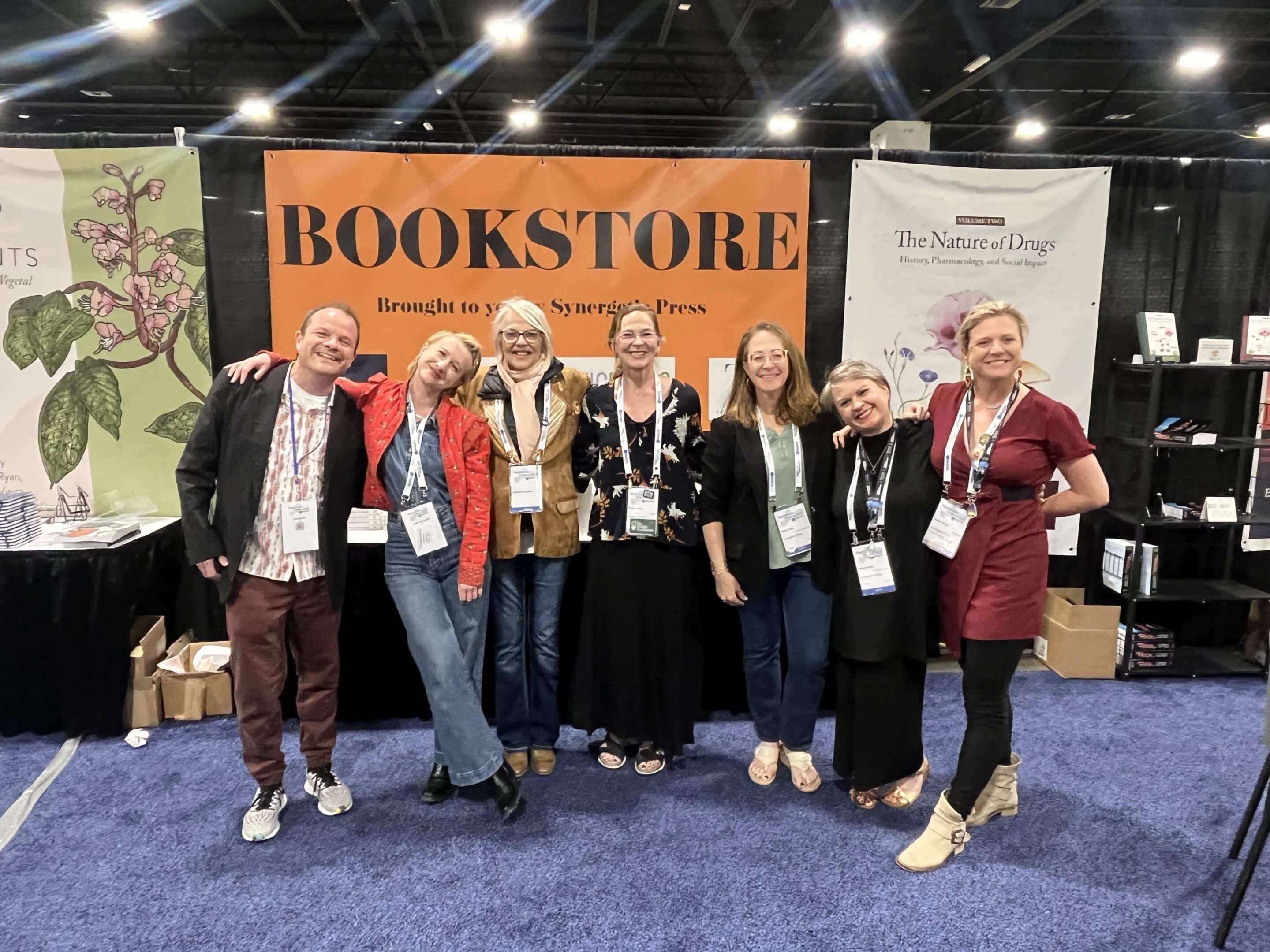
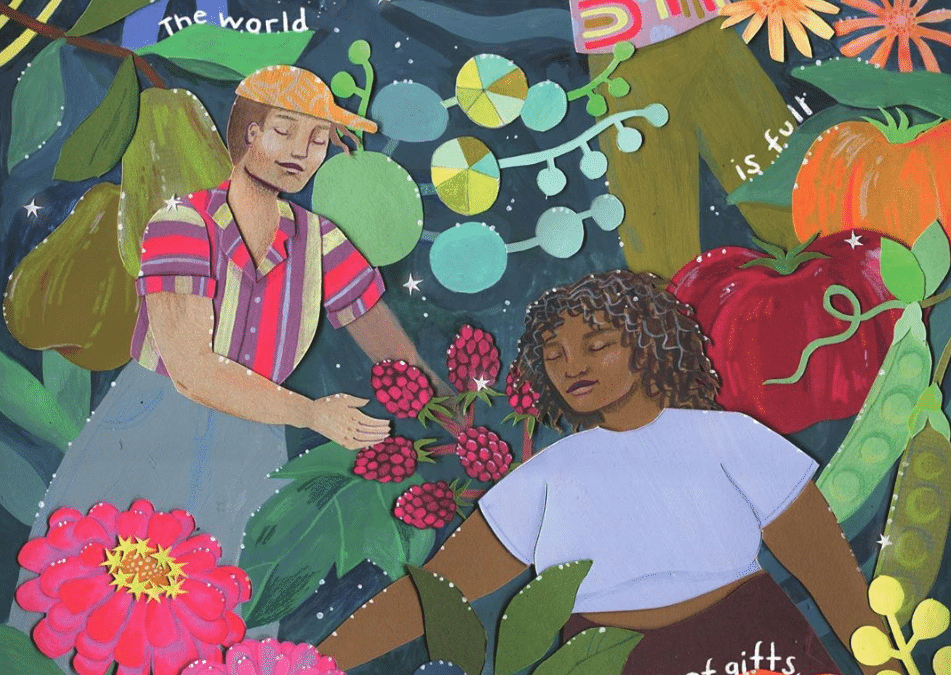
 Dr. Diana Quinn is a licensed naturopathic doctor with a focus on integrative mental health, psychoneuroimmunology, and healing justice. As a queer Chicana, her work has centered care of marginalized communities, including people of color and the 2SLGBTQIA+ community, for over 20 years. Dr. Quinn is the Assistant Director of Community Care at the Naropa Center for Psychedelic Studies. In the emerging field of psychedelic medicine, she works to ensure ethical, safe, and inclusive care, as well as anti-oppressive approaches in training facilitators in both the medical and adult-use models. She serves on multiple advisory boards and working groups dedicated to building ethical integrity, equity, accessibility, reciprocity, and cultural humility in psychedelic medicine.
Dr. Diana Quinn is a licensed naturopathic doctor with a focus on integrative mental health, psychoneuroimmunology, and healing justice. As a queer Chicana, her work has centered care of marginalized communities, including people of color and the 2SLGBTQIA+ community, for over 20 years. Dr. Quinn is the Assistant Director of Community Care at the Naropa Center for Psychedelic Studies. In the emerging field of psychedelic medicine, she works to ensure ethical, safe, and inclusive care, as well as anti-oppressive approaches in training facilitators in both the medical and adult-use models. She serves on multiple advisory boards and working groups dedicated to building ethical integrity, equity, accessibility, reciprocity, and cultural humility in psychedelic medicine. Taylor Dahlia Bolinger
Taylor Dahlia Bolinger 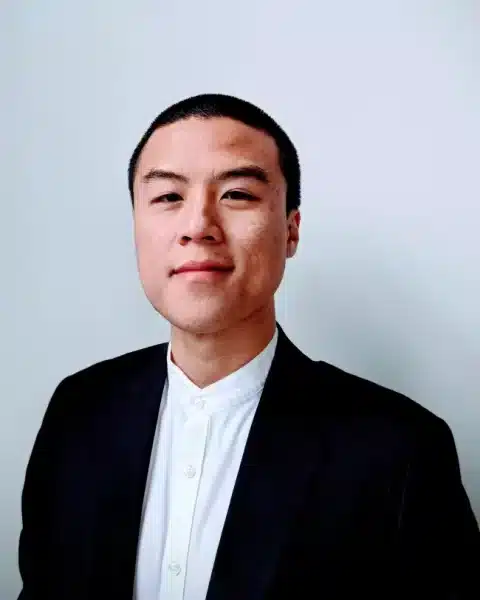 Terence H. W. Ching, PhD,
Terence H. W. Ching, PhD, 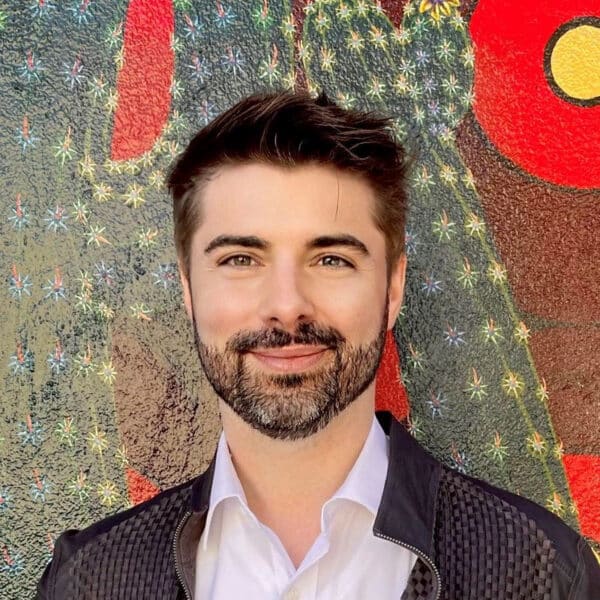 Kile Ortigo, PhD,
Kile Ortigo, PhD, 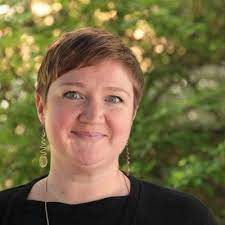 Amy Bartlett, LLB, LLM,
Amy Bartlett, LLB, LLM, 